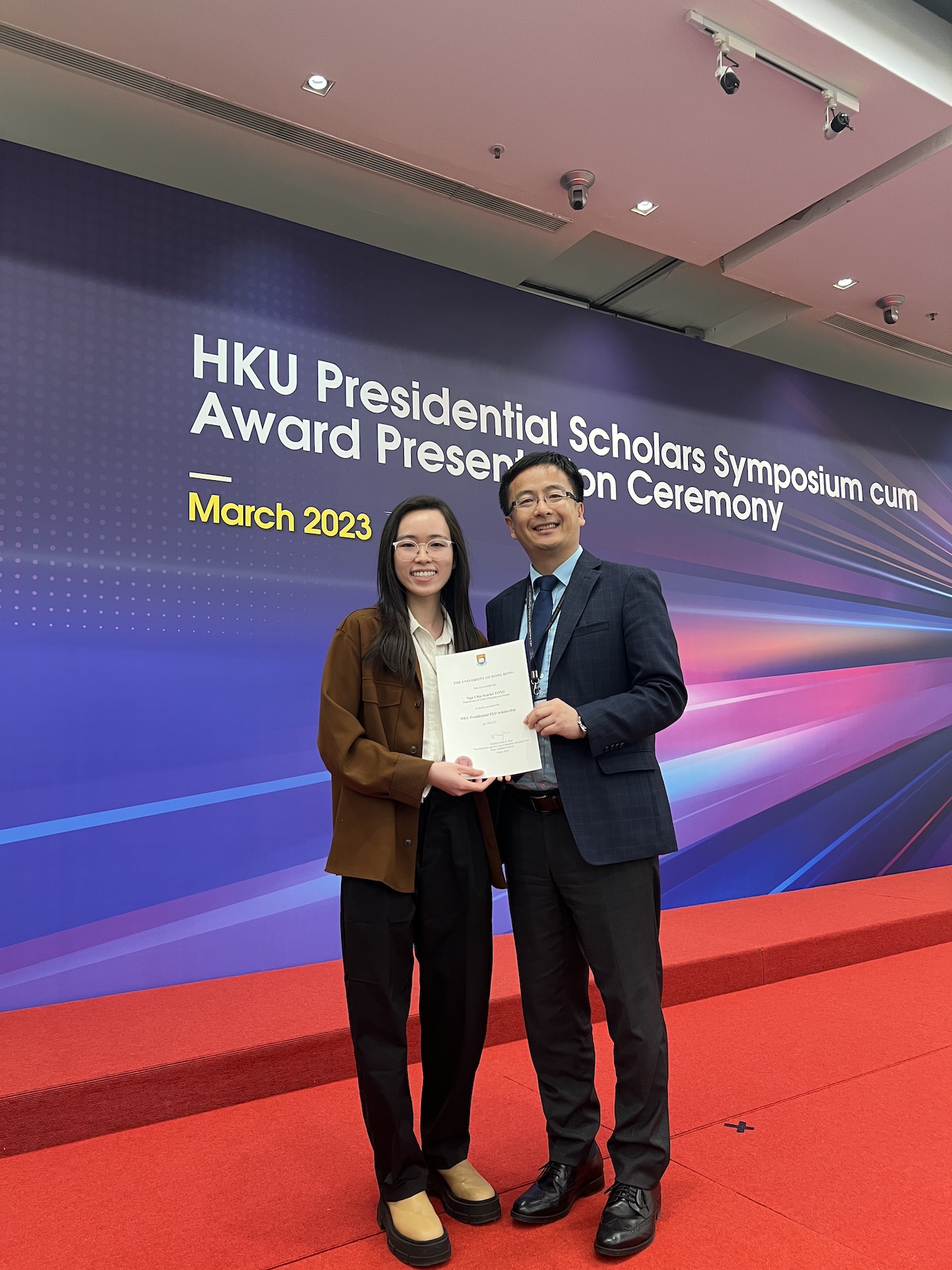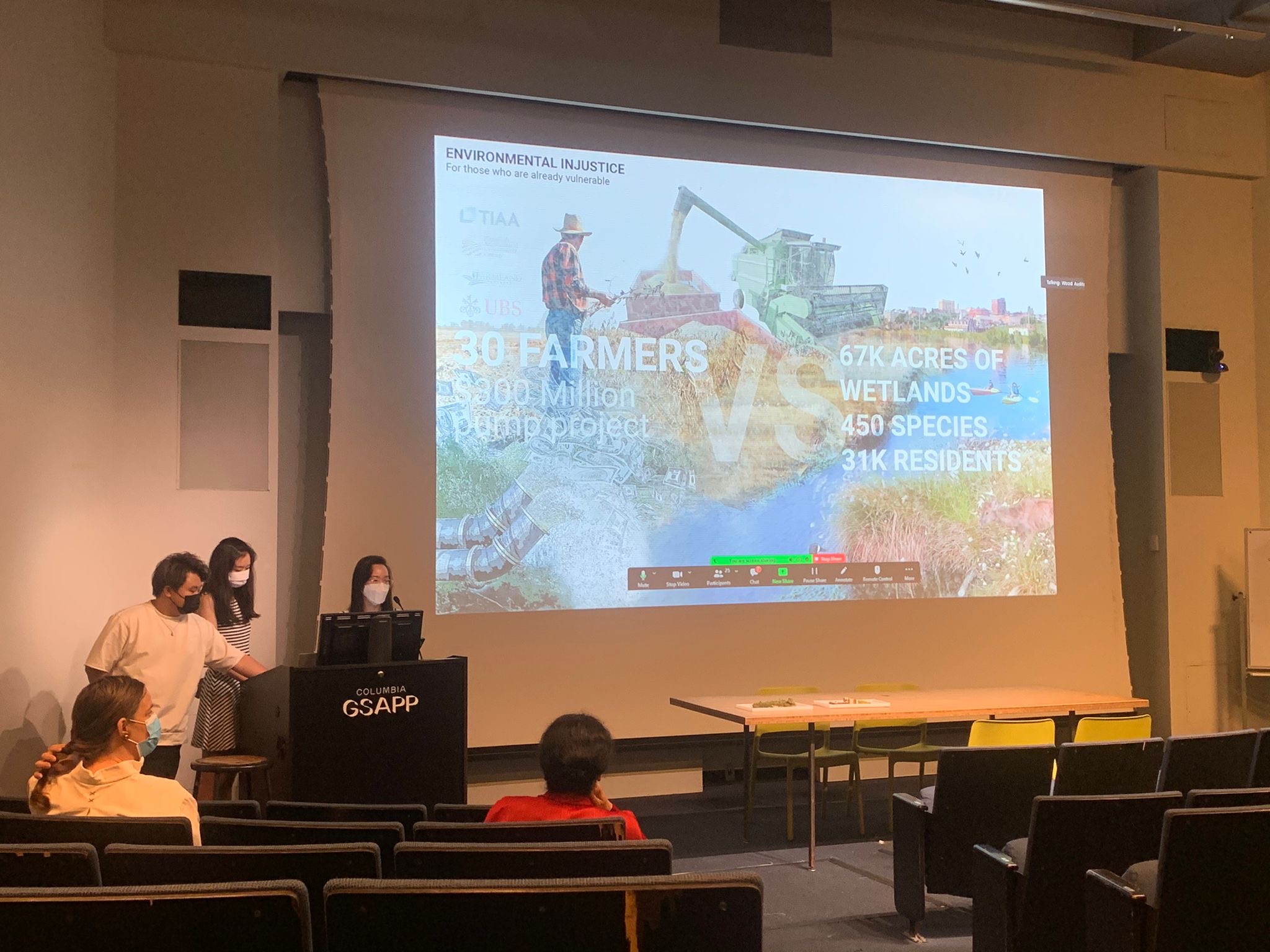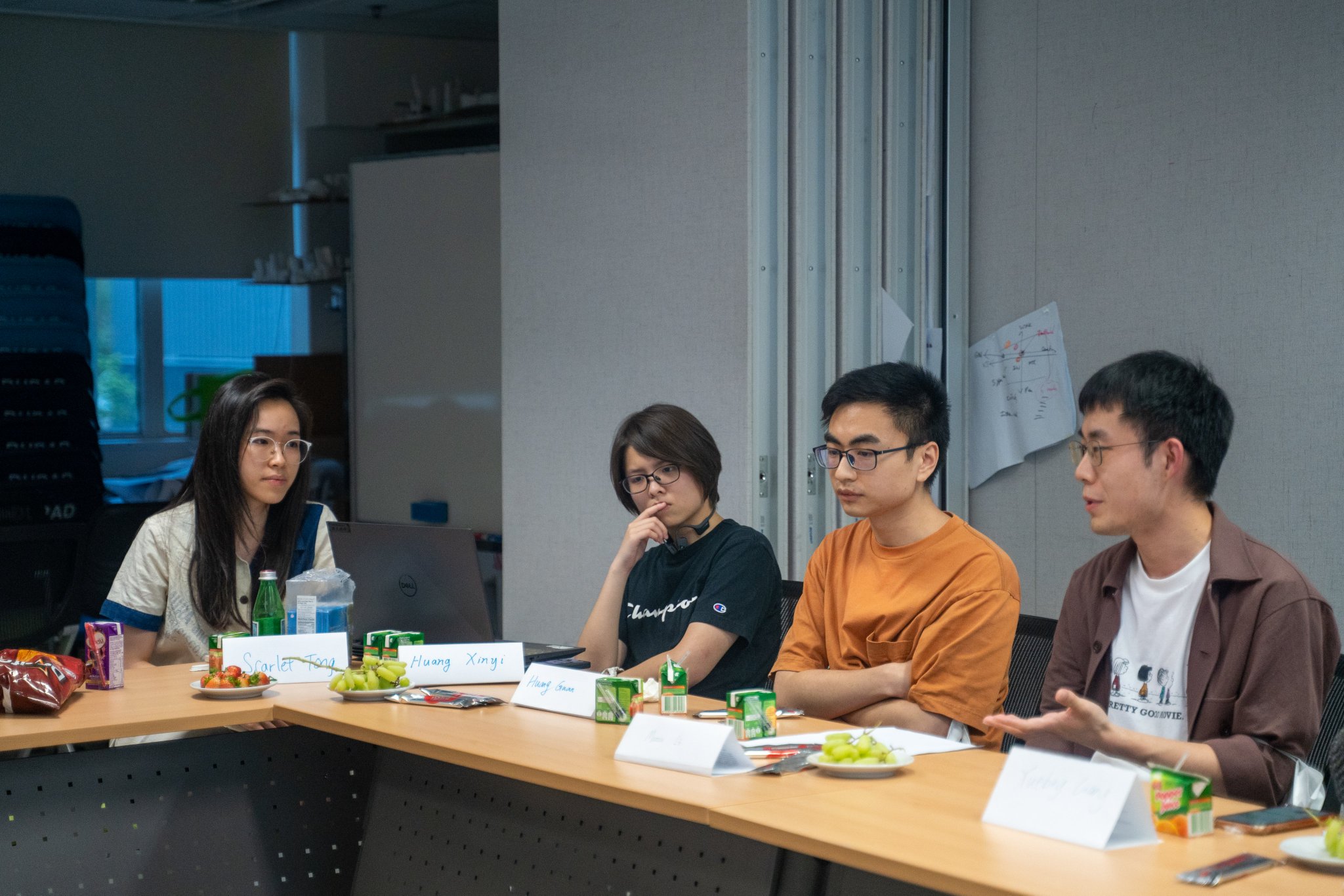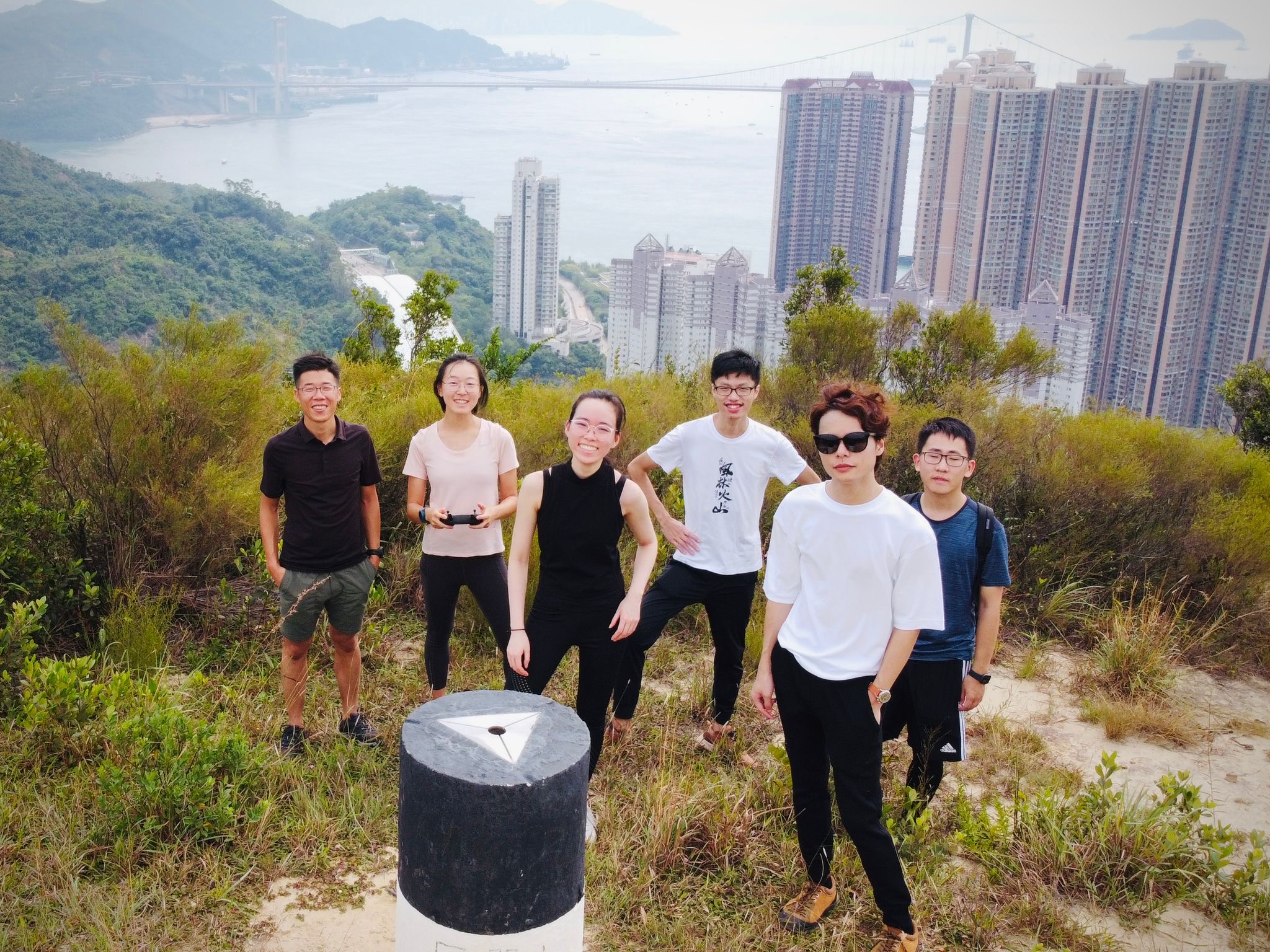
Scarlet Tong, an accomplished alumna of TIS, is making significant contributions in the field of architecture and urban planning. Graduating from TIS in 2015, Scarlet has since embarked on a journey of self-growth and professional development, currently pursuing a PhD program in Urban Planning and Design in The University of Hong Kong (ranked no.2 in QS Asia University Rankings 2024!). Her research focuses on the impact of complex urban landscapes on human spatial cognition. Through her work, Scarlet aims to revolutionize urban planning by designing built spaces that better support residents’ cognitive needs and navigation abilities. Join us as we delve into Scarlet’s extraordinary journey, marked by her TIS education and her dedication to pushing the boundaries of knowledge and making significant contributions to her field.
Have you always wanted to be an architect? What motivated you to pursue a career in architecture and urban design?
While I didn't explicitly aspire to become an architect from a young age, aspects of the field spoke to my strengths and interests. I've always enjoyed science and design-based problem solving. Architecture is appealing because it combines technical skills like structural analysis and building materials knowledge with creative design work.

What inspired you to pursue a PhD research on the impacts of complex urban landscapes on human spatial cognition through language expression?
As inhabitants of physical space, we understand ourselves and our surroundings through spatial interactions. However, architecture often overlooks quantifying these impacts on cognition. During my undergraduate studies, I became fascinated by the connection between designs and mental processes. Realizing the built environment's potential to actively aid well-being through research-informed planning and design, I sought a PhD program delving into these topics.
How will your research contribute to the field of urban planning and design, and what potential applications or implications do you foresee?
Research shows a relationship between urban navigation and spatial memory abilities. However, the specific effect of physical design on spatial cognition is unclear. My aim is to quantify how urban layouts impact spatial cognition, and I hope to determine how urban planning and design affect wayfinding and access to amenities. Findings could guide more sustainable urban planning by shedding light on how to design built spaces that better support residents' cognitive needs and navigation abilities. This contributes to goals of facilitating healthy living through sustainable design for the built environment.
Could you share any challenges or obstacles you’ve encountered during your academic journey, and how you have overcome them?
Adapting to the subjective studio culture during my undergraduate degree and transitioning to the empirical rigor in my PhD program presented to be some of the biggest challenges. In the studio environment, my spatial design skills were refined through iterative critique and I learned the importance of balancing my own vision with external feedback. In my PhD I shifted from practical design to objective evaluation of evidence. Both transitions found me absorbing new demands through curiosity rather than complacency. Transition success relies on openness to differing methodologies across disciplines.

What did you learn about yourself during this time?
I have come to realize that my academic journey has provided valuable experience to leverage past knowledge and experience. Accumulated knowledge gives context to navigate changes by comparing new and old information. It allows myself, and others, to acknowledge the skills unique to me to create solutions through synthesizing relevant past learnings. Continuously learning while drawing on experience empowers embracing diversity across disciplines, cultivating flexibility for ongoing education and career pursuits requiring cross-domain adaptability to take on multifaceted problems found in society.
You completed your Bachelor’s Degree in Pittsburgh, pursued your Master’s Degree in New York, and are currently undergoing your PhD Program in Hong Kong. How has the experience of living and studying abroad been?
Studying abroad accelerated my growth into an independent, adaptable individual. Living solo across countries pushed me beyond my comfort zone. I learned self-reliance managing responsibilities in new environments. The experience taught careful decision-making without typical support systems. Succeeding or failing resulted from my own actions. This accountability has made me a stronger, more conscientious person prepared to take on future challenges.

Where do you see yourself in 5 years?
I see myself as an educator and researcher, achieving synergy across my diverse yet complementary roles to increase my impact on the field and society.
What specific skills or knowledge did you acquire at TIS that have been valuable to you in your studies and career in architecture?
TIS cultivates curiosity and self-exploration, fostering the motivation to continuously learn and develop new skills. This ongoing quest for knowledge is necessary to stay competitive and sharpen our ability to solve challenges in a rapidly changing world.
Are there any teachers/staff at TIS who influenced you?
I am deeply grateful for the learning environment created by the dedicated teachers and staff at TIS. Through their collective hard work and commitment to each student's growth, they cultivated a place where I felt encouraged to actively explore my interests and try new things. They supported my efforts to discover what fuelled my passion and laid the critical groundwork for my future path.
What advice would you give to current students who would like to study architecture?
Don't worry if gaps exist in your knowledge when starting architecture school - you're there to learn. Be passionate in your pursuit and devote yourself fully to discovery. Pour curiosity and passion into your work, and abilities will follow through dedicated practice over time. Friendly competition between peers will be advantageous to your growth as you learn from others while also polishing your own signature skills.

What are your fondest memories of your years spent at TIS?
Simpler days in school where we get to see our friends almost every day and where the smallest event or activity crystallises into memorable moments. My favorite events include preparing for school performances as a student and student council member.
What word or phrase would you use to describe a TIS Alumni?
Inspired by the words from the character Forrest Gump, if each graduate class is a box of chocolate, each student will be a morsel of praline and have their own unique blend of textures, flavors, and composition.
